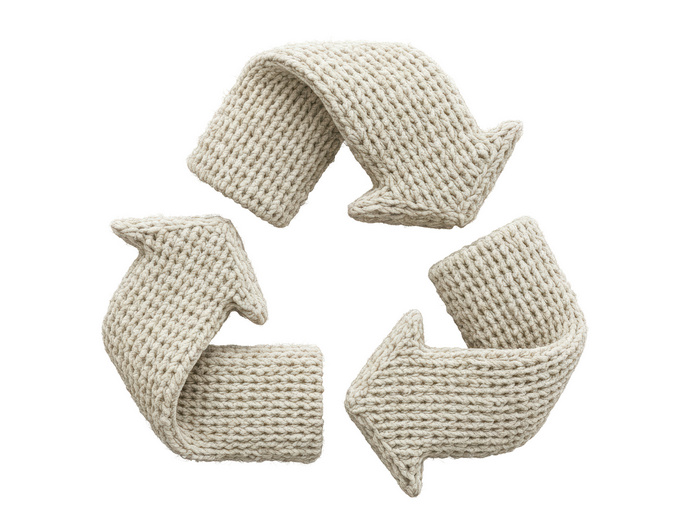Fire-proofed, non-toxic polyesters for industry
Currently, polymers are mixed with halogenated additives to make fibre-reinforced composites and coatings that are strong and fire-resistant. However, halogenated additives are toxic and corrosive on combustion. Non-toxic additives that are commercially available need to be used in high volumes for fire proofing. This reduces the strength and impact resistance and increases the weight of the product. Hence, there is a need for fibre-reinforced composites and coatings that are non-toxic, fire-resistant, light weight and strong. Research has proven that adding small amounts of well dispersed, nano-sized clay particles, in combination with halogen-free additives,to polymers will improve mechanical and physical properties as well as fire resistance. For the project case study, POLYFIRE developed floor and interior panels for use in the rail industry and interior wall cladding panels for use in the construction industry. Commercially available bentonites and organomodifiers for clays as well astraditional non-halogenated flame retardants were mixed with polyester in different compositions. They were tested for better fire resistance and reduced toxicity by increasing smoke suppression and char promotion. Different mixing equipment and processes were also screened and optimised. In order to mass produce fire-resistant material, various equipment pieces were modified for optimal mixing and dispersion of clay with polyester. Novel processes, formulations and parameters were developed for production of polyester clay resins. These were flow or gel-coated onto laminates, panels and flooring. Appropriate test methodologies were selected and developed for testing properties and risk analyses. Gel-coated laminates with good mechanical and fire-resistant properties were successfully produced using polyester resin and organomodified clays. However, further work needs to be done to improve its smoke suppression. Research results were disseminated through the Internet, publications, conferences and workshops, as well as within the industrial interest group. Confidentiality agreements have been signed to protect these technologies. The successful industrial-scale production of flame-resistant, non-toxic fibre composites would prevent needless deaths and result in significant life and cost savings. These novel technologies, if made viable, would also place the EU ahead of other countries in the rail and construction industry in terms of safety and cost.







